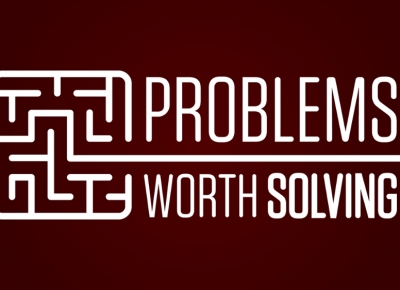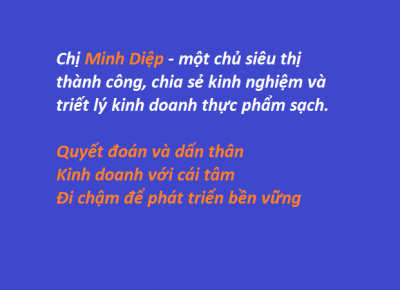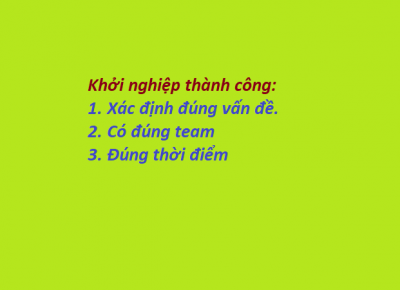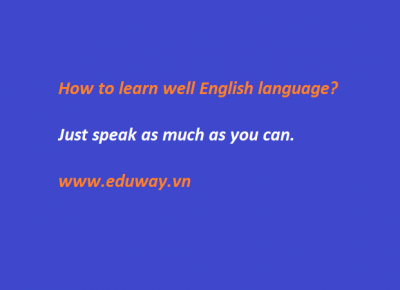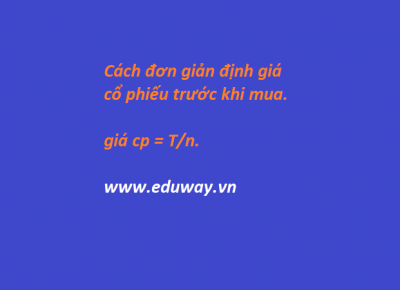Các chương trình giáo dục sớm cho trẻ em
Montessori
This comprehensive program developed by physician and educator Maria Montessori takes a developmental approach to learning. All teachers must have an early childhood undergraduate or graduate degree and Montessori certification. The Montessori approach emphasizes nature, creativity, and hands-on learning with gentle guidance provided by the teachers. The goal of the Montessori method is to develop a child's senses, character, practical life skills, and academic ability. "If your child is accustomed to a more rigorous schedule or guided learning, this may not be the right fit for him," says Hilary Levey Friedman, Ph.D., parenting expert and author of Playing to Win: Raising Children in a Competitive Culture.
Waldorf
This approach is based on the teachings of Austrian writer Rudolf Steiner. Waldorf preschools strive to nurture a child's spirit, soul, and body and to focus on the child's interests. It involves creative, hands-on group learning with a focus on rhythmic repetition in a supportive environment. This approach strives to generate a strong inner enthusiasm for learning and develop children's innate abilities and talents. Instruction is teacher-directed, and every teacher must be Waldorf certified.
Reggio Emilia
Reggio Emilia schools formed in Italy in the 1940s, and today many school in the United States embrace this philosophy. The Reggio Emilia approach encourages exploration and focuses on the importance of community and self-expression. Open-ended and child-led, students learn through art, projects, and activities that reflect their ideas and interests. There is no formal Reggio Emilia curriculum, teacher training, or credentialing because Reggio Emilia is not a set method, but an educational theory and practice.
HighScope
The HighScope Curriculum uses a carefully designed approach called active participatory learning. Children learn actively by having hands-on experiences with their surroundings, and learning is supported through consistent daily routines and well-organized classrooms. HighScope takes an academic slant with planned experiences in the basic subjects of math, reading, and science. It is based on past and current child development research.
Bank Street
This developmental approach is based on the educational philosophy of John Dewy. The focus of Bank Street preschools is on a child's mental, social, emotional, and physical growth. In these programs, the child is an active learner and gains knowledge about the world through experience. Students set the learning pace, and the teacher serves as a guide. Comparable to play-based learning, the Bank Street approach teaches lessons through hands-on activities, such as building blocks, puzzles, clay, and dramatic play.
Parent Co-Ops
If you want to be directly involved with your child's school experience, consider a cooperative preschool. Parents are actively involved with their little one's education on a daily basis and work closely with the classroom teachers. This hands-on approach allows parents and children to learn together in a nurturing environment with a focus on teaching preschoolers how to cooperate and resolve conflicts. Parents share in the business operation of the school by serving on the school's board of directors. Co-ops aren't for everyone because of the responsibilities and time commitments.
When choosing a preschool, keep these three key factors in mind.
Make it personal. It's important to find a program that is a good fit for your child. Carefully consider your child's personality and learning style when investigating the options. Remember: You know your child best. Research the various types of programs available, and make the selection that best fits your child's needs.
Remember the big picture. There are a number of early childhood philosophies, but they tend to fall into two broad categories in [the United States]," says Linda Whitehead, vice president of education and development for Bright Horizons. "The first philosophy is learning through discovery, which includes programs with a focus on child-directed activities. Teachers serve as guides and plan activities based on children's developmental levels. The second philosophy centers on programs that are more academically based, and typically include drill and practice components."
Consider full versus half-day. When deciding if a full or half-day of preschool is the best option for your little one, consider her individual needs, such as her age, energy level, and maturity. If you opt for a half-day program, you can always provide extra stimulation at home with reading, physical activity, and craft projects. Ask the school if it's possible for your child to begin with a half-day, then move to a full day once you feel your tot is ready.
Source: https://www.parents.com/toddlers-preschoolers/starting-preschool/preparing/6-types-of-preschool-programs/

